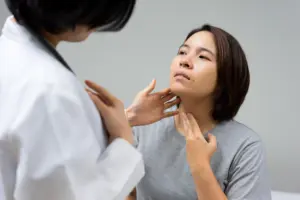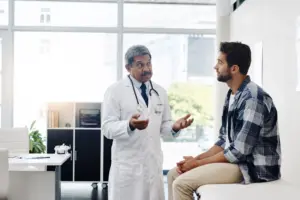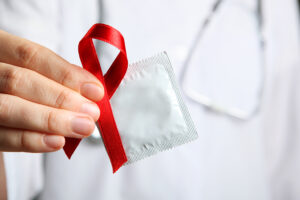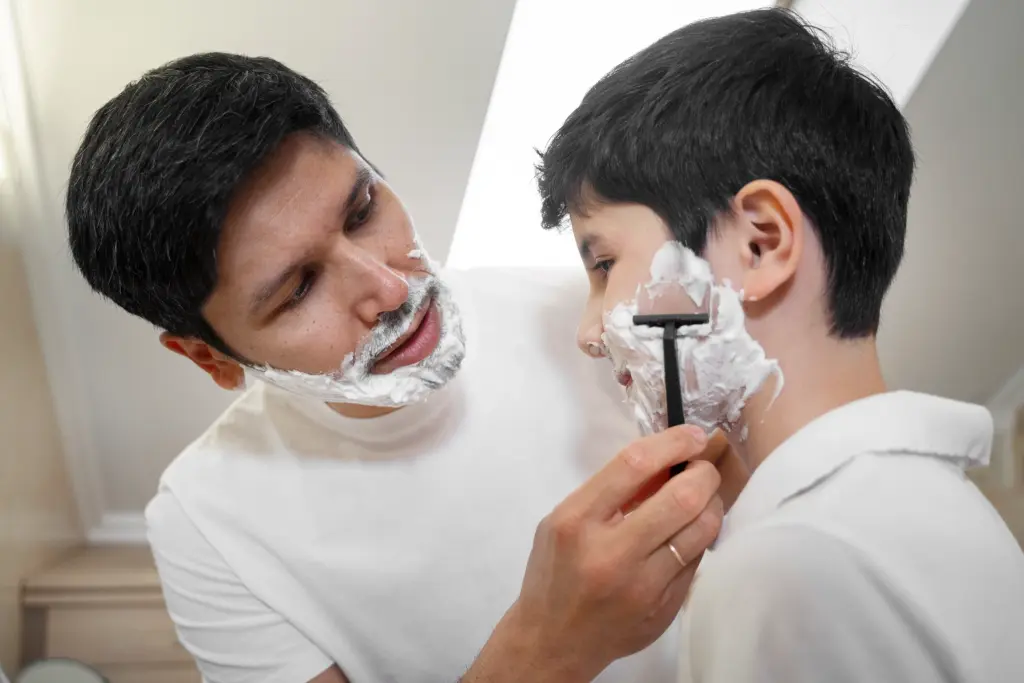
Signs of Puberty: Your body may be changing, and that can raise questions. This stage is puberty, a completely normal part of growing up. It’s a normal stage of growing up. Puberty happens slowly and starts at different times for different people, but the goal is the same: your body is developing into its adult form.
What is puberty?
Puberty is when hormones signal your body to grow, change, and become ready for adulthood. These shifts affect how you look, feel, and even think. While it commonly starts around ages 8–14, each person’s schedule is unique; earlier or later starts are both normal.
Also Read | What is endometriosis? The hidden struggle millions of women face
Common signs of puberty in everyone
You might shoot up in height; one day your pants fit, the next they’re too short. You’ll probably sweat more, and it may start to smell; that’s normal and a good sign to start using deodorant regularly. Your skin can get oilier, and you may see acne. Washing your face daily can help keep it under control.
Puberty in girls:
Girls typically begin puberty a little earlier than boys, often between 8 and 13. Breast development may start as a small, tender lump under the nipple (a “breast bud”), and it’s common for one side to grow faster at first. Hips may widen as the body prepares for future fertility. The most significant change is getting your period, a few days of bleeding each month, showing your body is starting to be able to get pregnant in the future.
Puberty in boys:
Boys typically start puberty between 9 and 14. Early changes include voice deepening (temporary cracking is normal) and the appearance of facial hair on the upper lip, chin, and cheeks, which becomes coarser with time.
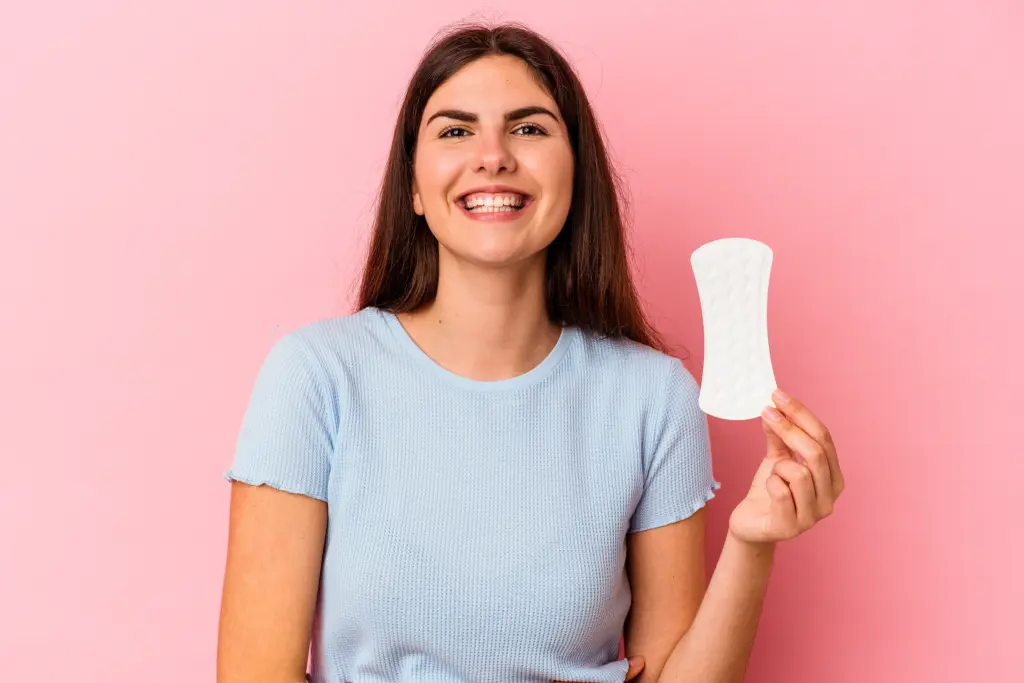
Emotional changes during puberty:
Puberty isn’t just about your body; it affects your mind and emotions, too. Some of the changes include:
- You may feel awkward or self-conscious about how your body looks. That’s normal.
- You may begin to feel more independent and want more privacy.
- You may develop crushes or start feeling attracted to others.
When to see a doctor for puberty:
In most cases, puberty happens on its own. But there are times you might want to talk to a doctor, such as:
- If you haven’t started puberty by age 14.
- If you have very painful periods or heavy bleeding.
- If your breasts or testicles are sore or unusually large/small.
- If you feel really sad or angry all the time.
Also Read | What causes low testosterone in men? Symptoms and treatment options
Puberty is a normal part of growing up. Your body is doing what it’s meant to do, even if it feels strange or uncomfortable at times. You’re not alone, and there’s no “perfect” way to go through it.





